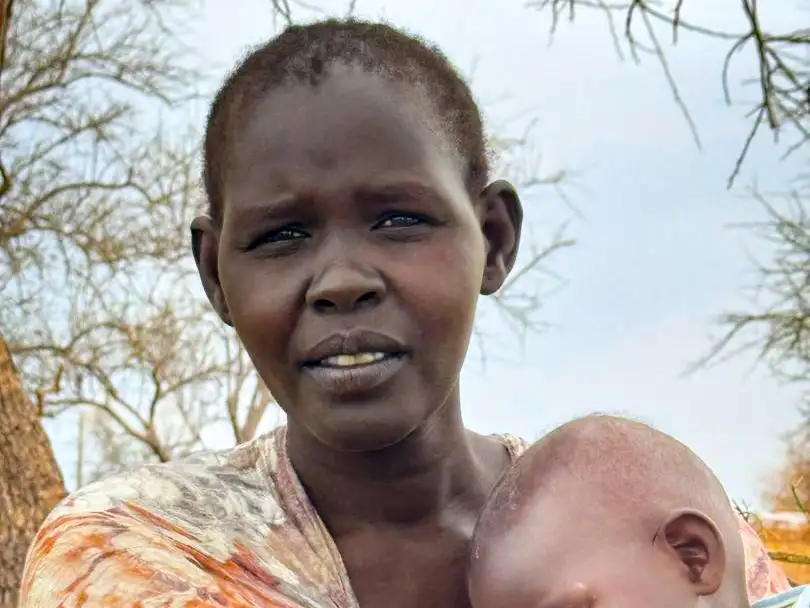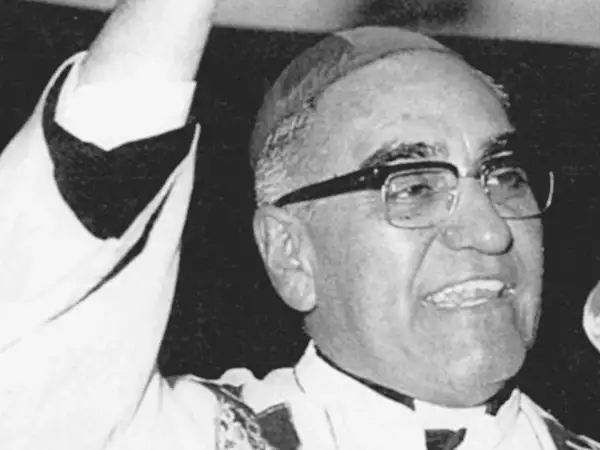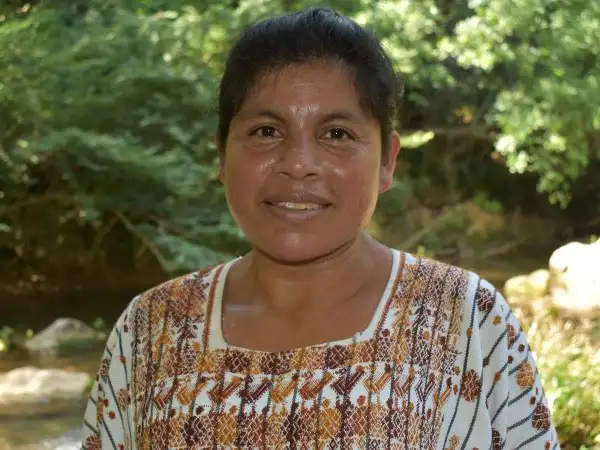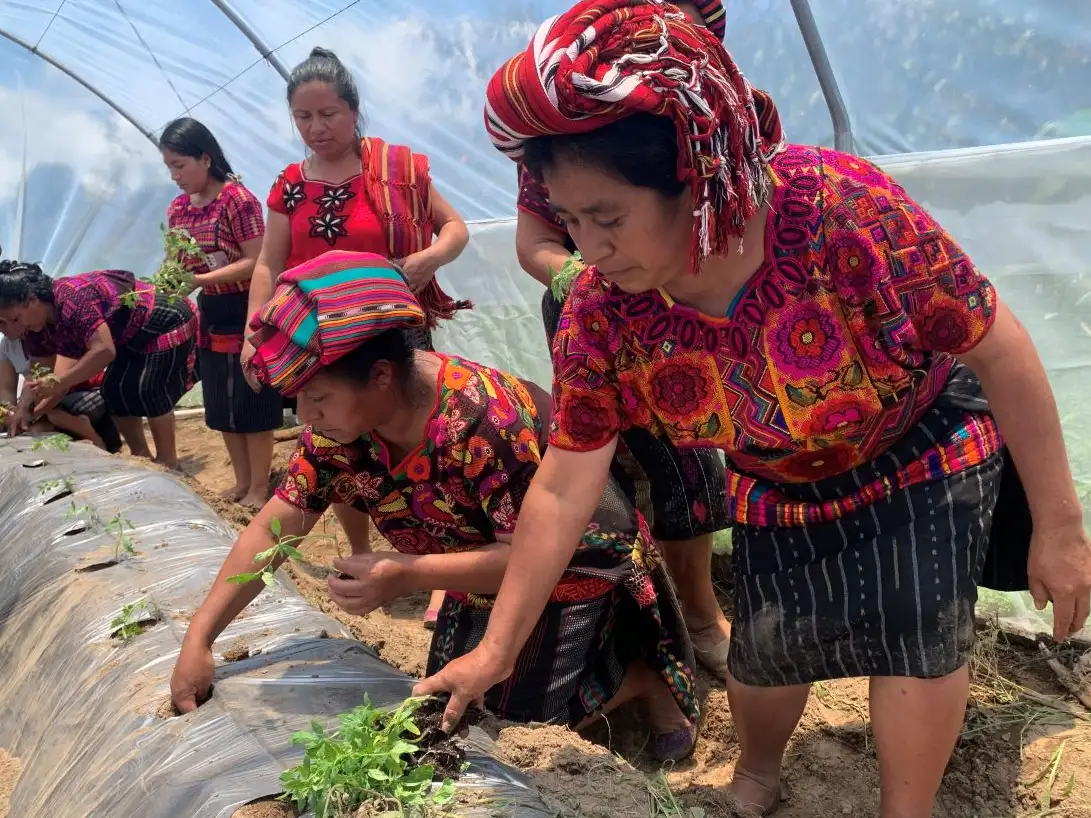

Women planting tomatoes as part of a women’s economic empowerment programme
Almost six in ten Guatemalans live in poverty. Malnutrition rates in Guatemala are some of the highest in the world, with nearly half of children under five suffering from stunted growth.
Around half of Guatemala’s population are indigenous, mainly Mayan, Garifuna and Xinca. Indigenous people face disproportionately high poverty rates with over 75 per cent of indigenous people living in poverty.
Until the 1990s, Guatemala experienced four decades of civil war where more than 200,000 people – mostly civilians – were killed or disappeared. Despite peace, violence and human rights abuse continue.
Guatemala is one of the most biologically diverse countries in the world and is highly vulnerable to the impacts of the climate crisis, especially hurricanes and droughts which are becoming increasingly common in the region.
Alongside other Central American countries, Guatemala is part of the Mesoamerican Biological Corridor, a regional environmental initiative which aims to conserve biological diversity and protect the vital land bridge for migrating animals.
The Central America migration crisis remains an unprecedented humanitarian crisis with record numbers of displaced people trying to escape gang violence, poverty and a lack of access to food. As a result, over 215,000 migrants cross through Guatemala a year from other Latin American countries and regions.
Guatemala is one of the most dangerous countries in the world for people defending the environment. We support human rights defenders in Guatemala and across Latin America to protect their territory, land and environment, and to stand up for their rights.
A better world needs all of us. That’s why CAFOD has been working with partners and communities in Guatemala since 1968. Together, we support families to adapt to the climate crisis, restore the environment, protect women and indigenous rights, and respond to the migration crisis.
Our impact in 2024
In 2024 we reached 6,688 people in Guatemala.
We worked directly to empower 1,348 vulnerable women through resilient agriculture, economic initiatives and access to protection services.
266 indigenous women in Alta Verapaz, and 75 in Totonicapán, are leading on local initiatives for their families and communities. Our partners are providing support to prevent and address gender-based violence through psychosocial and legal support to survivors, as well as with self-help and saving groups.
We worked with our partner, the Guatemalan Federation of Radio Education, to have access to local news and to raise awareness of indigenous and human rights across eight indigenous radio stations, empowering 833 indigenous communicators and reaching over 6 million people in local languages.
CAFOD supported 1,686 people affected by the hurricane season in Quiché and Alta Verapaz. Partners worked to ensure safe and equipped shelters were available for displaced families affected by flooding, landslides and strong winds. Families received food items and first aid kits with essentials.
Why CAFOD works in Guatemala
Guatemala is one of the poorest and most unequal countries in Latin America. Access to basic services like clean water, sanitation and electricity remain a significant challenge.
Rural and indigenous communities are most likely to be poor, with indigenous communities facing higher levels of discrimination, resulting in fewer economic opportunities. Many indigenous people earn a living through small-scale farming, which is becoming increasingly difficult due to the climate crisis. Rainfall patterns are becoming more unpredictable while frosts, hailstorms and droughts are making it harder to grow crops.
Patriarchal social norms in Guatemala mean that ‘machismo’ and gender-based violence against women remain very common. Guatemala has one of the highest rates of femicide in the world with perpetrators often going unpunished.
Guatemala has one of the highest crime rates in Latin America caused by organised crime, drug trafficking and street gangs. Insurmountable levels of violence, poverty and lack of access to food are forcing families to make the difficult decision to migrate in search of a dignified life.
An extractive development model involving hydro-electric projects, mining, oil extraction and monoculture crops has for decades resulted in highly unequal distribution of and access to land. This further discriminates against poor, rural and indigenous communities (particularly indigenous women) and leads to increased violence and human rights abuses. Indigenous leaders defending their land and environment increasingly face criminalisation, harassment and threats.
The Central American migrant crisis remains a huge concern, with thousands of families undertaking dangerous journeys. Displaced populations remain highly vulnerable, especially women and girls who face high levels of violence and exploitation. Many families need basic humanitarian assistance and protection.
Together, we can build a better world. Donations from people like you can directly respond to the injustices faced by thousands of families living in Guatemala, so everyone can have the opportunity to flourish.
We work with trusted Guatemalan partner organisations to tackle the root causes of poverty, promote women and girls’ empowerment, protect human rights and strengthen community resilience to the climate crisis.
How we’re responding
Our partners are supporting women to become more independent by raising awareness of women’s rights and training women on sustainable and climate-resilient farming practices to improve their incomes.
Female farmers are learning more about raising livestock like chickens and pigs, and how to grow crops in harmony with the environment. Farmers are learning more about diversifying their fruits and vegetables so that they can make more nutritious meals.
Women are taking part in savings groups, which is helping them to become more economically independent and more confident in managing their own money. By becoming more economically independent, women are less dependent on men and have greater control over their lives, often helping them escape the cycle of violence.
Our partners are using platforms such as the radio to highlight the challenges and discrimination faced by indigenous communities in Guatemala who are trying to defend their land and cultural way of life. Trained local indigenous journalists are raising awareness on the shrinking of civil society space, the fragility of democracy, the pervasive impunity of historical and current cases, and the social exclusion faced by indigenous people, by producing radio shows in various indigenous languages such as Mam, Kaqchikel, K’iche’ and Q’eqchi’, as well as in Spanish. This effort is aimed to make the public authorities accountable for historical human rights abuses faced by indigenous groups.
We’re also standing in solidarity with regional journalists and human right defenders who have been criminalised for their work, gathering evidence to make available to the international community to stop such persecution and promoting indigenous leadership.
We’re working with our partners to support indigenous leaders to learn more about adapting to the climate crisis and the importance of farming in an environmentally friendly way. Local communities are strengthening their understanding of environmental conservation, restoration and how to better monitor their natural assets, like water sources and forest areas.
Small-scale farmers - especially rural, indigenous women - are learning more about environmentally-friendly farming methods such as crop diversification and farming techniques that are in harmony with indigenous cultures. Local communities are learning more about the importance of caring for and regenerating the environment. Families are planting kitchen gardens to reduce malnutrition levels and are reusing wastewater for irrigation, helping to conserve water sources.
We’re working with our partners to support families from the most vulnerable communities to develop disaster and crisis response action plans, such as putting early warning systems in place for disasters like flooding and other local threats. CAFOD partners are also raising awareness with local authorities on the importance of safe, inclusive and dignified humanitarian responses.
Guatemala is at the heart of a deepening migration crisis, with record numbers of displaced people passing through the country in search of safety from gang violence, poverty and food insecurity. Shifts in global foreign policies have left many migrants stranded within its borders, often without access to essential support. According to CAFOD partners, cases of human trafficking, disappearances and abuse are on the rise, with women and girls bearing the greatest burden of this humanitarian emergency.
Together with local experts, we’re also helping migrants in Guatemala and Central America by providing immediate humanitarian assistance in the form of basic needs as well psychosocial and legal support and guidance.
Asociacion Centroamericana Centro Humboldt (ACCH)
Pastoral Social Caritas Diócesis de Verapaz (PSCV)
Parroquia Santa María Chiquimula
Asociacion Unidos por la Vida (ASUVI)
Federacion Guatemalteca de Escuelas Radiofonicas (FGER)
Red Jesuita con Migrantes en Centroamérica (RJM)
News from Guatemala
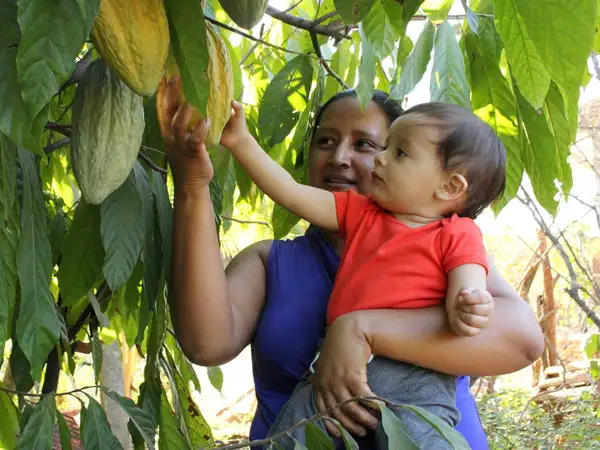
What we do
CAFOD is the official aid agency for the Catholic Church in England and Wales.
With your help, we reach out to people living in hard-to-reach places, in war zones and those who are discriminated against.


